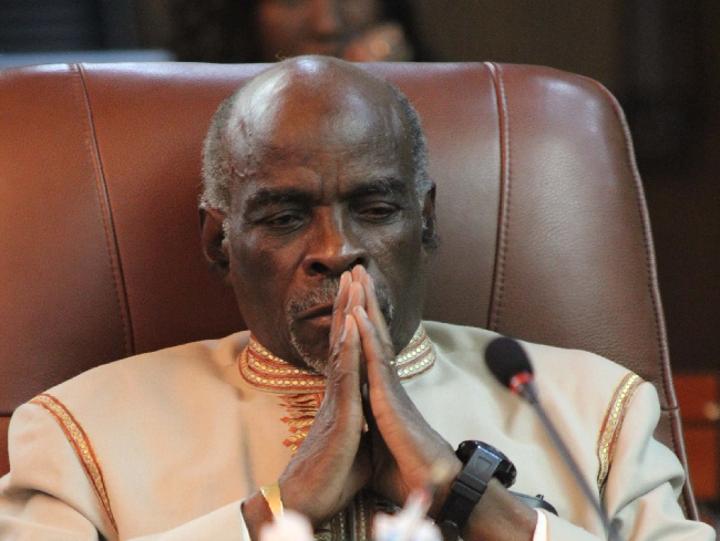Africa-Press – Namibia. FORMER prime minister and pioneer education minister Nahas Angula says a lack of cohesion between economic demands and the education sector is to blame for the high number of unemployed graduates.
He says the abolition of teacher training institutions and the conversion of the Polytechnic of Namibia into the fully fledged Namibia University of Science and Technology (Nust) involved ill-advised decisions.
This comes as stakeholders in the education sector are currently convening for a four-day national conference on education.
Speaking to Desert Radio yesterday, Angula said the current education system is failing to produce employable graduates as the structure of the economy currently does not have a high demand for labour.
“The structure of our economy is such that it tends to use capital equipment and not labour,” he said.
Angula said stakeholders have to consider how the education system can provide opportunities to graduates, keeping in mind economic demands.
“The real culprit in this is the structure of our extracting economy,” he said.
Angula said many mistakes have been made along the way, with each new education minister attempting to reinvent the wheel.
One such mistake, he said, was the conversion of the Polytechnic of Namibia.
“I was not in favour of the polytechnic becoming a university of technology, and up to this point, the technology they’re talking about we do not see.
“I believe in the diversity of offerings in terms of education so we can capture different types of endowment as far as the students are concerned so that you open up opportunities,” he said.
Angula said while university education is important, it can only have an impact if the involved qualifications are absorbed into the labour force.
“Now you keep a highly skilled person there, and when this person goes to the labour market those high skills are not needed, and you don’t have research labs to enable that person to produce new knowledge,” he said.
‘IDENTIFY SPECIFIC CHALLENGES’
The second national conference on education is aimed at building on the key recommendations of the 2011 conference.
Its recommendations include the implementation of the ministry’s strategic plans for 2012 to 2017, and 2018 to 2022.
This is in support of the fourth and fifth National Development Plans.
This year’s conference is themed ‘Transforming Education Towards Inclusion and Quality in the Context of Global Challenges’.
Speaking at the opening of the conference this week, Oshana education director Hileni Amukana said teachers are not performing as required, and lack a sense of accountability as they do not sign performance agreements.
Amukana said there is a serious performance gap between regional offices and teaching staff.
“Colleagues at regional offices are signing performance agreements and running to meet the targets, while at the school we are still walking a little,” she said.
Also speaking at the conference was Abhiyan Jung Rana, the regional adviser for education of the United Nations International Children’s Fund (Unicef), who said countries in the region have to consider the effects of Covid-19 lockdowns.
He said the challenges faced by the education sector were heightened by the Covid-19 pandemic.
Rana said while efforts were put in place for pupils to return to school after the pandemic, about 30 500 did not.
He advised countries in the region to step up their investment in education to mitigate the effects of the pandemic.
Angula said some industries have attempted to collaborate well with the education system.
“We have a sector of the economy, like the hospitality industry, that was absorbing a lot of young people. Construction and fisheries also absorbed people,” he said.
The former teacher challenged the Geingob administration to consider other industries that can complement the Namibian economy.
“You find people from Asia selling and fixing cellphones. Why don’t we give similar skills to our young people, for instance? Digital economy . . . are young people really in that economy?
“We have to look at a range of things to provide opportunities for young people,” he said.
For More News And Analysis About Namibia Follow Africa-Press






